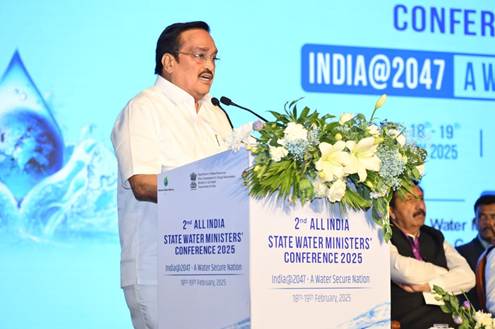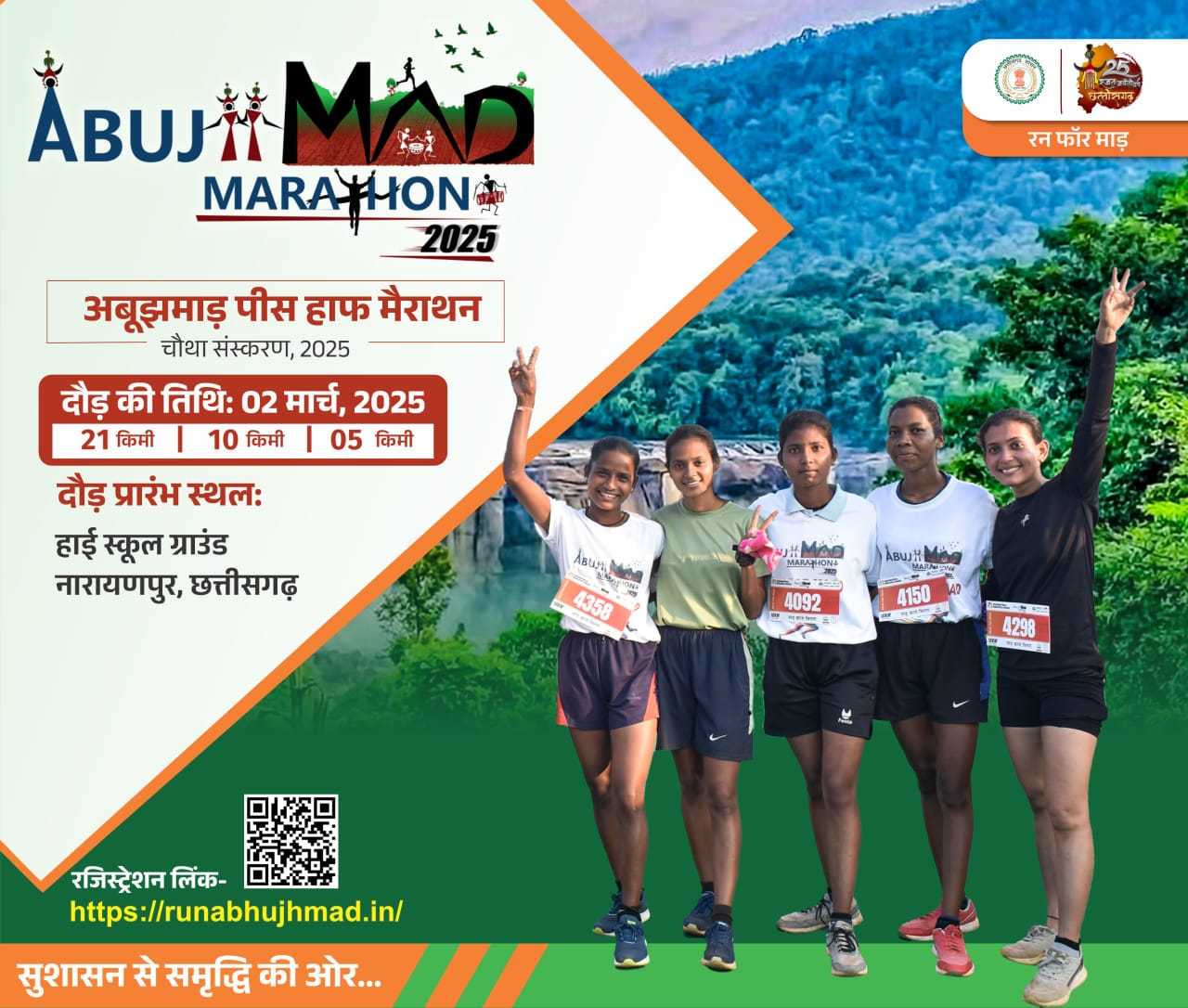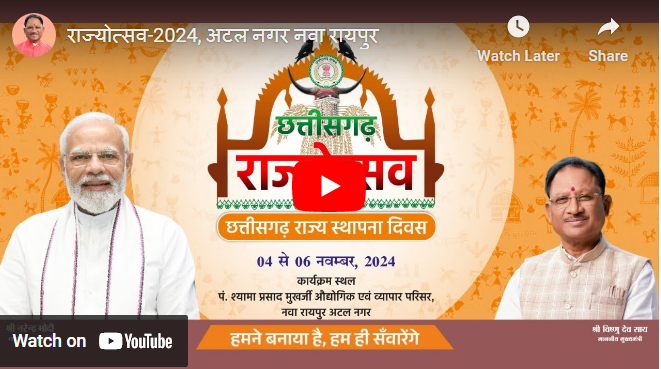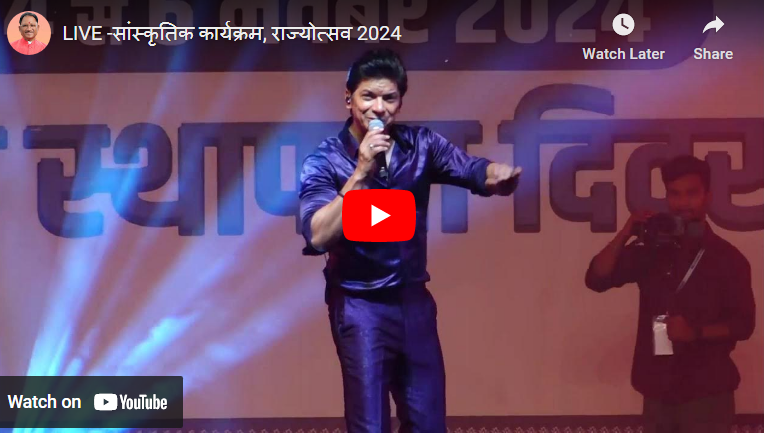The second All-India State Water Ministers’ Conference concludes with key recommendations on water security
Second day of the conference focuses on Water Delivery Services, Demand Management & Water Use Efficiency and Integrated River & Coastal Management
The mission ‘Har Khet Ko Pani’ through strategic interventions highlighted in the conference
Second all India conference proposes the Bureau of Water Use Efficiency to promote water use efficiency across all sectors
The day one discussions revolves around the development and maintenance of water storage infrastructure
The conference reaffirms its commitment to sustaining the Jal Jeevan Mission (JJM), with a particular emphasis on community-led operation
New Delhi (thestates.news)| The second All-India State Water Ministers’ Conference successfully concluded in Udaipur, Rajastan, bringing together key stakeholders to deliberate on critical water management issues. The final day of the conference focused on three thematic sessions: Water Delivery Services: Irrigation and Other Uses, Demand Management and Water Use Efficiency, and Integrated River and Coastal Management. These discussions led to significant recommendations aimed at enhancing India’s water governance and ensuring sustainable water resource management. The two day conference on February 18-19, 2025 was inaugurated by Union Minister of Jal Shakti Shri C R Patil in the presence of Chief Minister of Rajasthan Shri Bhajan Lal Sharma.
In the closing ceremony of the two day conference, Union Minister of Jal Shakti Shri C R Patil emphasized that the conference was not just limited to discussing challenges, but also focused on collective efforts to find solutions. The Minister also highlighted the importance of such forums in sharing knowledge and finding practical solutions to issues.
The final day of the conference emphasized the importance of achieving the mission ‘Har Khet Ko Pani’ through strategic interventions. To this end, adopting Evapotranspiration (ET) based irrigation performance assessment and improving on-farm application efficiency through micro-irrigation were recommended. Accelerating Command Area Development for last mile connectivity and promoting conjunctive use of surface water, groundwater, and treated water through guidelines and Standard Operating Procedures (SOPs) were also suggested.

Furthermore, the conference recommended enhancing the reach of the Pressurized Irrigation Network (PIN) and Underground Pipe Line (UGPL). A bureau of water use efficiency to promote Water Use Efficiency (WUE) across all sectors was also proposed in the conference. Holistic Demand Management for reducing water stress, adopting water-efficient cropping patterns, and applying state-of-the-art technology, including AI/ML, for sustainable water management practices in agriculture was also emphasized.
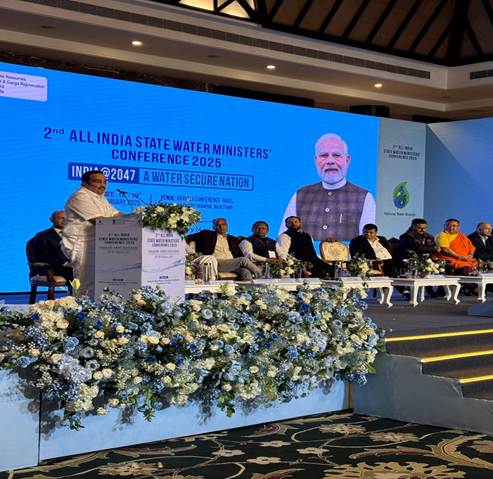
In addition, the conference recommended promoting volumetric measurement of water uses in all sectors. River Rejuvenation through wastewater treatment, recycle and reuse, e-flow, flood plain zoning, riverfront development, and community participation were also suggested. Expanding the coastal monitoring network, promoting ecological restoration and biodiversity conservation in river and coastal regions, rejuvenating springs and other natural sources for augmenting river flows, and promoting circular economy and water tourism as self-sustaining economic models were also recommended. These recommendations aim to strengthen India’s water management and conservation efforts ensuring a sustainable and secure water future for the country.
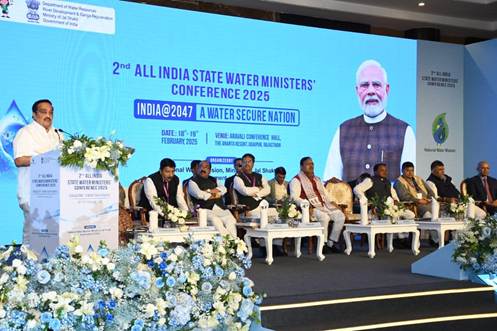
The conference reaffirmed its commitment to sustaining the Jal Jeevan Mission (JJM), with a particular emphasis on community-led operation and maintenance through Village Water & Sanitation Committees (VWSCs). Water quality testing remains a priority, ensuring safe drinking water reaches every household. Discussions also explored measures to achieve urban water security through the AMRUT Scheme and integrate grey water management under Swachh Bharat Mission 2.0. Special attention was given to vulnerable regions, ensuring that potable water reaches the most underserved communities.
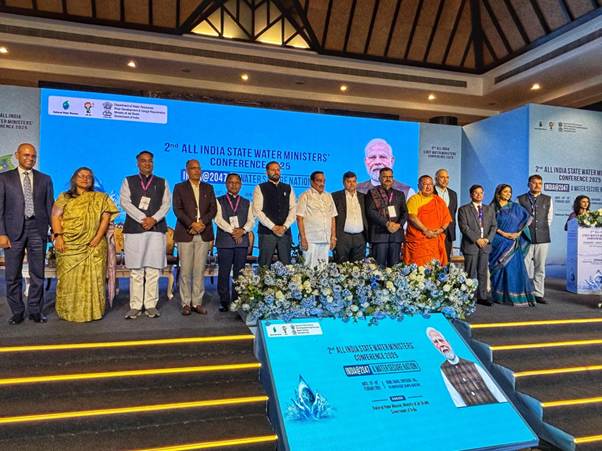
A key focus area of the first day of the conference was the development and maintenance of water storage infrastructure, not only through new projects but also by prioritizing Extension, Renovation, and Modernization (ERM) of existing systems. Discussions underscored the importance of accelerating river interlinking projects through consensus-building, alongside the repair, renovation, and restoration of smaller water bodies to enhance water availability. Delegates also stressed the need for automated reservoir operations for better storage management, as well as comprehensive interventions to promote water conservation at every level.
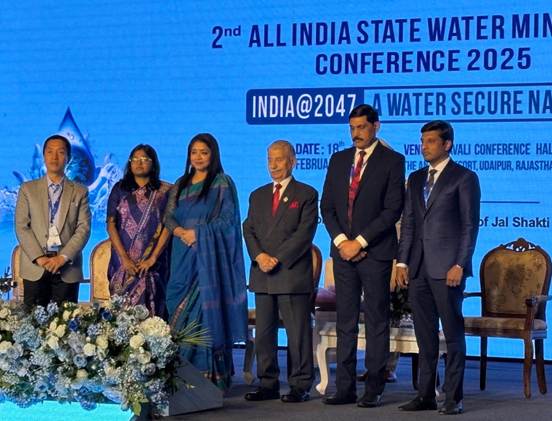
The conference also witnessed deliberations revolved around strengthening water governance, enhancing storage infrastructure, improving irrigation systems, and increasing water-use efficiency. Discussions emphasized the need for Integrated Water Resources Management (IWRM) tailored to state-specific requirements, participatory governance at the grassroots level, and water budgeting to optimize demand and availability. The importance of leveraging data, technology, and innovation to improve efficiency and sustainability was also highlighted. Additionally, there was a strong push to scale up the ‘Jal Sanchay Jan Bhagidari’ initiative nationwide to promote community-driven water conservation efforts.
The conference witnessed the participation of Chief Ministers of Odisha and Tripura, Deputy Chief Ministers of Himachal Pradesh, Chhattisgarh, and Karnataka, along with 34 Ministers and over 300 delegates. (S-PIB)

